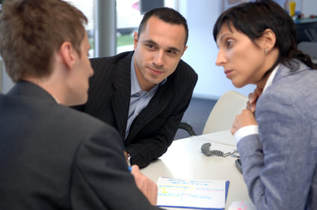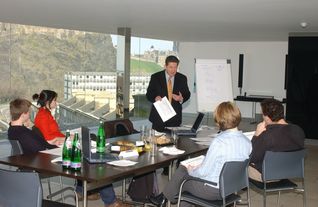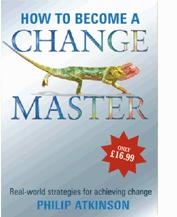
The huge challenge facing organizations is mastering the ability to continually renew themselves to cope with the increasing complex and turbulent business environment. Most organizations have not mastered that process. Many change initiatives do not achieve the purpose for which they were designed nor bestow the benefits originally espoused by their architects.
Whatever the source of the threat or challenge, whether it be a hostile takeover, unexpected merger, forced downsizing, increased competition from new market entrants, intense scrutiny by regulators, negative and adverse feedback from users, clients or customers, OD can provide a variety of strategies to react positively to that challenge. The effective practise of OD will ensure that the organization is mastering the change process, rather than being subjugated by it.
Change is about Mindset not Systems
For any organization to survive it has to develop the mindset, the wherewithal and the infrastructure and the internal OD capability to manage that change. The alternative is a route which many organizations have taken, which is relying on outsiders who have little knowledge of the organization or emotional investment in its longer term survival. Although this option of going ‘external’ is very attractive, it’s also lazy. Only a quick fix, it can create a severe lack of confidence in ‘current internal staff change capability’ - choosing instead to rely solely on outsider consultants.
Develop your own Change Agents
Using outsiders has plenty of advantages, but unless you change the fundamental ability to permanently manage change within the ‘current culture’, you will leave yourselves exposed to having to rely on others to deal successfully with change in the future.
To read the whole article click the PDF below
| atkinson-how_to_create_organizational_capability_for__change.pdf |

 RSS Feed
RSS Feed

